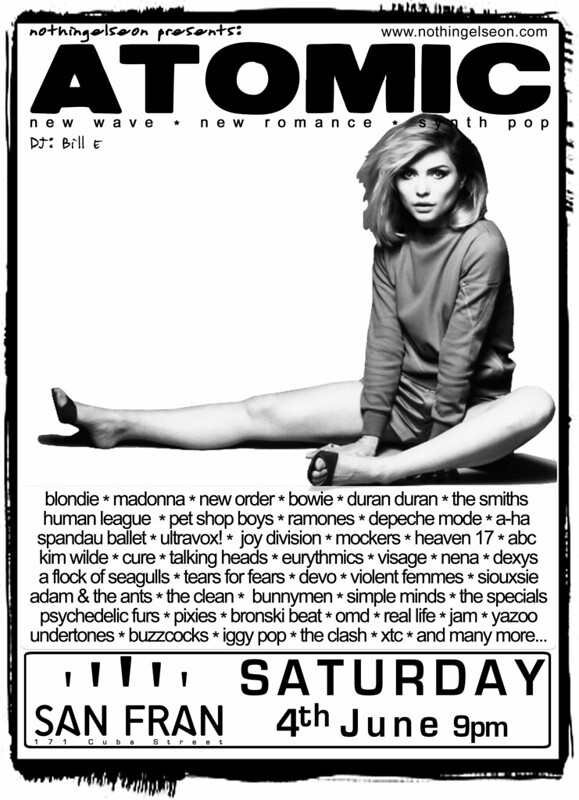Impostor syndrome featured in a few people's #blogjune posts in 2015. I wrote about some confidence issues I was experiencing as a librarian working in a university where IT services and the library are fully converged. Convergence is not a new thing in universities, but there is not that much written about whether this kind of environment could or should influence the skills and knowledge that people in library technology teams should seek to develop.
In my experience so far, success in a converged environment requires me and other members of my team to become (even more) hybrid professionals, able to wear library and IT hats at the same time or to switch between these as we need to. My professional education as a librarian, and probably more importantly the values of the library profession, do inform all the work that I do but I need to be credible and competent in forums where most if not all of the other participants will be IT professionals. Something that I have been pondering lately is what it would mean to fully embrace being an IT professional as well as a librarian. While most librarians I know are avid users of and advocates for technology in the context of our industry, that doesn't necessarily make us IT professionals. IT professionals have their own qualifications, career pathways, specialisations, professional organisations and values, and these are sometimes not well understood or respected by librarians.
This year professional development (PD) is emerging as the unofficial #blogjune theme. I don't have an approach to my professional development plan that is as comprehensive or as structured as Alisa Howlett's approach (seriously impressive!), but I do take a lot of time to prepare for my annual performance plan discussions with my director. This year, as part of that discussion, I flagged my intention to focus on the IT aspects of my role and came up with three activities:
1. Participation in Women in Technology (WIT)
One of my PD goals for the year was to find an IT community of practice that would enable me to do some networking with people other than librarians.2. Enterprise Architecture
An IT colleague that worked with me on a project mentioned that he thought it could be useful for me to investigate getting some training in enterprise architecture, specifically in the TOGAF framework. In TOGAF the purpose of enterprise architecture is described as "to optimize across the enterprise the often fragmented legacy of processes (both manual and automated) into an integrated environment that is responsive to change and supportive of the delivery of the business strategy". There is a lot of crossover between what enterprise architects and what information managers are trying to achieve in an organisation like mine.A training course and certification would be a huge investment both financially and in terms of time, but fortunately there are some good free PD options available. The first of these is a free online four-week course, Introduction to Enterprise Architecture. This is offered under the Open Universities Australia Open@Study branding, is presented by a well-known industry practitioner, and is really highly rated by students. One of the architects at my work had done this course and also recommended it to others. He also pointed me in the direction of an overview video on YouTube provided by the same trainer.
My colleague noted that the Open2Study module is based around a formal course structure and doesn't go into the more practical aspects of application, while the YouTube video covers practical application as well. So I am planning to start with the video and then move on to the online module later in the year if I feel like I need that extra level of detail.
3. Service management
I'm currently undertaking some in-house training that will lead to a certification. On Thursday this week I will sit an exam (my first since about 1990 - eek!) for the ITIL Foundation Certificate in IT Service Management. ITIL was originally created by the UK government's Office of Government Commerce to help implement an efficient framework for IT Service Management (ITSM). ITIL has changed since its introduction in the 1980s and now offers a more generic lifecycle approach to service management covering strategy, design, transition (change management), operations, and continuous improvement.I am finding some of the jargon in ITIL a little alienating but the core concepts are very applicable to my work as the manager of a library technologies team. Although both are a bit out of date, this 2007 blog post and 2008 journal article are good place to start if you want to understand more about how ITIL service management concepts can be applied in libraries.





